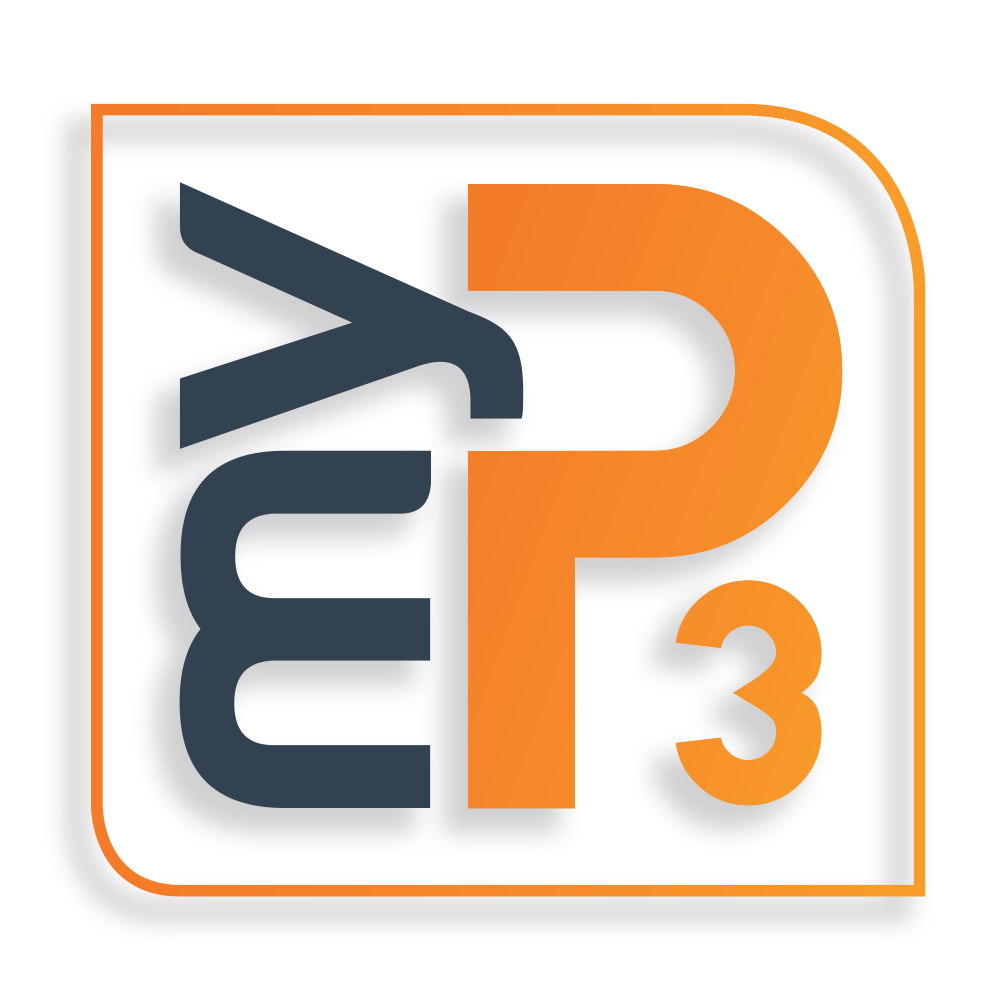Introduction:
Starting up a project in Project Initiation Stage is a formal process with outputs to confirm if a project is viable and worthwhile. Scope, approach, and planning information is prepared with just enough information for the assigned governance board to decide whether the project should proceed further, and either authorise it to continue to the next detailed planning stage or to close it. With an approval to proceed, the project receives support to commence with mobilisation of resources to articulate all the requirements and plan the project’s delivery from execution to closure. Both the initiation and planning stages should always occur prior to the organisation’s commitment for a significant spend.
Problem:
A resources sector company with an extensive project portfolio faced a challenge in mobilising to commence a field management solution project due to their lack of inhouse resources to dedicate to it.
To address the capacity gap to commence the project, they sought a reliable external partner with a proven track record to deliver the required outputs to fast-track progress towards the next decision gate.
Objective:
myP3’s objective was to initiate the project, completing sufficient analysis to provide ‘just enough’ viability information to support governance decision-making on future direction, and specifically whether to proceed to the next stage for market engagement and procurement.
The Initiation Stage deliverables needed to be completed in a guaranteed turnaround of six weeks.
Overview:
myP3’s Project Initiation as a Service (PIaaS) engagement model was employed, leveraging our repeatable, fixed price / fixed time approach. myP3 first confirmed that the activities for the stage were achievable and committed to by the business given the input required from their project stakeholders.
With the above confirmed, the project was formally announced and governance arrangements established. All project controls registers were created with initial content for decisions, and as workshopped for identified risks, known issues, dependencies, and stakeholders and communications.
myP3 then reviewed all existing information and available documentation from prior attempts to commence the project to understand the background, and to inform the facilitation of stakeholder workshops.
The initiative outcomes planning workshops were used to understand stakeholder project goals, objectives, and requirements for solution capability. Each were guided with prompts to elicit information through our 3-Column Analysis approach, which was then articulated in an Initiative Outcomes Map that identified Key Outcomes, high-level Benefits Statements and an ultimate Investment Objective. With needs now understood, Benefit Profiles for each benefit were documented and then agreed.
myP3 partner with an existing client provider with specific industry knowledge and direct experience in relevant solutions and capabilities. This person conducted a Market Scan to identify potentially viable solutions with weighted scoring analysis and formulated recommendations.
In parallel, myP3 produced current and future state analysis documentation comprising of analysis of as-is and to-be descriptions of processes, organisation, technologies and information.
Using myP3’s Product-based Planning technique, a breakdown and flow of required future project outputs and a high-level schedule were created. These was supported by level 2 rules-based estimates of whole of project costs, schedule, resources and product deliverables required, and informed our high-level solution Options Analysis and Recommendation.
To round out the recommendation, myP3 identified likely benefits and developed an appropriate account of the initiative’s value proposition including total cost of ownership. This culminated in the delivery of the Project Brief, Preliminary Business Case, and supporting Summary Presentation for submission to the governance board.
Outcomes:
The Project Brief and Preliminary Business Case captured all key information to enable the Portfolio Board to make a well-informed, strategically sound decision.
Furthermore, the client’s Tender Board, underscored the thoroughness of the project’s Initiation Stage analysis and outputs to gain approval to progress procurement of a business solution.
The delivery schedule prepared for the next stage played a crucial role in their successful market engagement through an RFP process, enabling a rapid transition to the next stage of the project.
The client gained valuable insights into how rapidly a project can initiate and produce appropriate point-in-time quality outputs in order to move forward.
